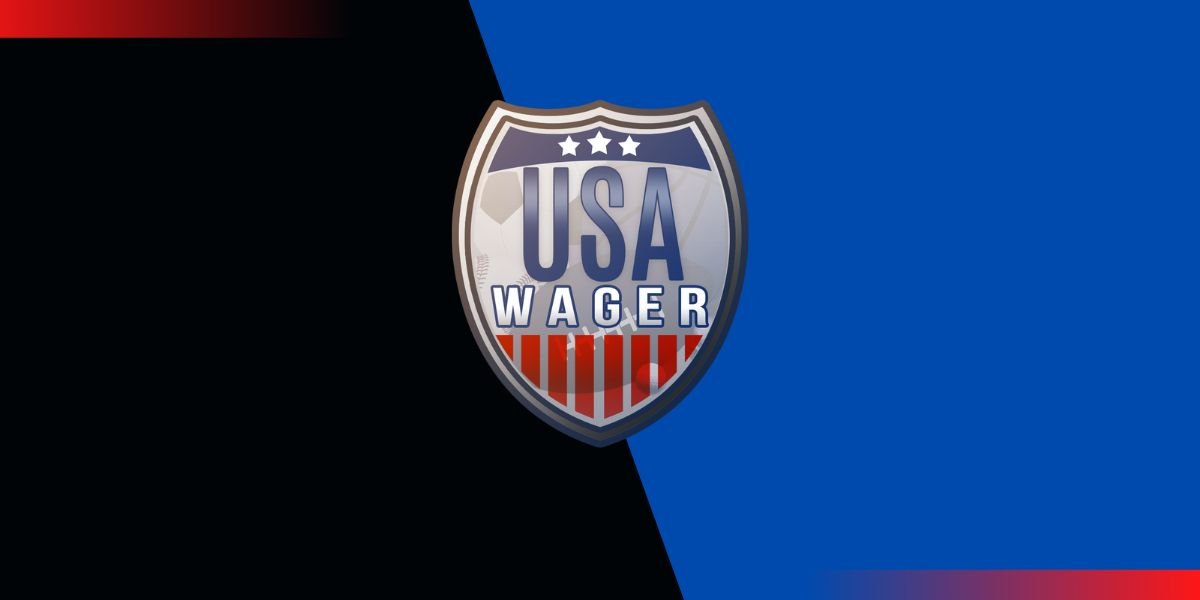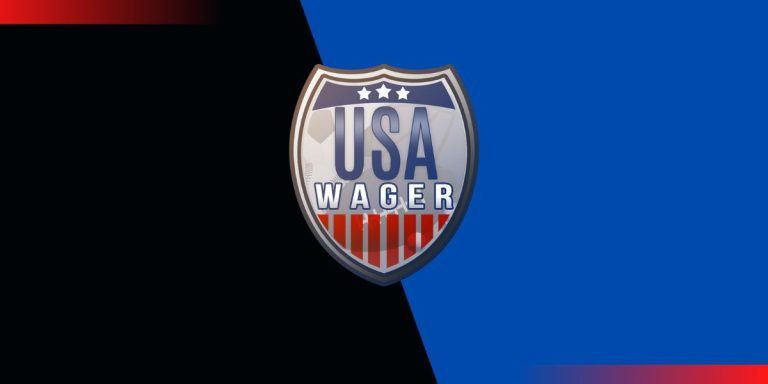Missouri Sports Betting Could Generate $15 Million in Tax Dollars
Missouri sports betting could reportedly create as much as $15 million in tax revenue, according to a new analysis.
A new proposal known as House Bill 1666 presented to state legislatures today proclaimed that tax from sports betting could create between $7.8 million and $15.3 million. This pot would go towards funding for state schools.
The estimates come in accordance with state tax codes in legislation filed by Representative Phil Christofanelli, who is one member of a group of lawmakers in favor of legal Missouri sports betting.
Getting the Ball Rolling
Government officials are not alone in their pursuit of legalizing sports gambling in Missouri; in addition to support from sportsbooks, the St. Louis Blue, St. Louis Cardinals, and Kansas City Chiefs struck an agreement with representatives of state casinos to lobby for legal sports gambling.
St. Louis Cardinals President Bill DeWitt III spoke out in late January on behalf of Missouri’s professional sports teams.
“[Missouri sports betting can be] more engaging fan experience for our fans while providing an important source of revenue for the state of Missouri,” said DeWitt III. “All of the professional sports teams in Missouri support legislation that will allow wagering to occur in a responsible way in the appropriate setting.”
The House Committee on Public Policy listened to three separate proposals Tuesday, all with the central theme of legalizing sports betting in Missouri.
32 other states are already currently accepting wagers on sports in some manner, and this number is quickly increasing.
Roadblocks and Pitstops
Putting pen to paper on legal Missouri sports betting has proven to be extremely difficult. Disagreements have sprung over finite details, mostly surrounding how to rid illegal slot machines and games that have permeated into truck stops, gas stations, bars, and other venues during recent times.
Nationwide sports betting was illegal except for in Nevada until 2018 when the law was overturned. Missouri stalling its legalization process and the failure to restrict these unregulated outlets are both responsible for the constant delays.
Senator Denny Hoskins, another proponent of legalization, has amended his previous stance on the matter and wants to handle the two issues— legalizing sports betting and eliminating illegal outlets— in two separate laws.
More than 20 Bills regarding sports betting have been filed in Missouri, but none have made it past go.
Plans for Laws
Hoskins’ plan would ban betting on high-school sports while opening the door to the collegiate level. Missouri’s biggest schools, the University of Missouri and St. Louis University, would both provide huge draws for gambling markets.
The Senator’s plan would also ban prop bets, which are more niche or trivial lines that are secondary to the outcome of the game.
Hoskins’ plan would tax casinos at 21%, over three times higher than Christofanelli’s rate of 6.75%. Other drafts have put the tax percent at somewhere around 10.
Speaking about the disagreements, Christofanelli relayed the unpredictability of a completely new endeavor and market in Missouri.
“I’m not married to the tax rate,” Christofanelli said. “It’s really hard to predict exactly what it will generate.”
Regardless of the rate, Christofanelli wants to make sure that Missouri is “competitive with surrounding states.” This includes Tennessee, Nebraska, Arkansas, Iowa, and Illinois.
John Pappas, executive director of iDevelopment and Economic Association, a group that represents sports betting giants FanDuel and DraftKings, among others, was also slated to speak at Tuesday’s meeting.
Pappas’ goal is to convince lawmakers that regulations for sports betting should be as lax as possible due to the evolving landscape of sports betting in a still-new marketplace.
“We don’t want the legislation to tie the hands of the regulators,” Pappas said.
Nearly 70,000 Missourians unsuccessfully attempted to bet on this month’s Super Bowl LVI, evidence that was used to support the positive sentiments towards legalizing sports gambling.
Expect details from Tuesday’s meetings to be announced soon.


